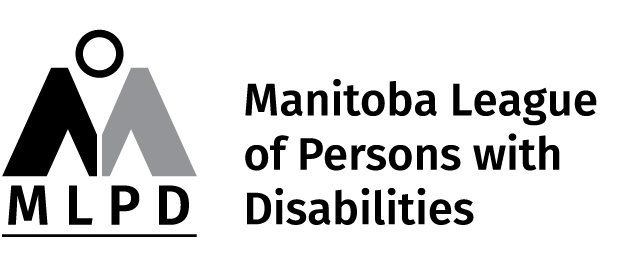As part of our ongoing project with Elections Canada, MLPD is focusing this year on supporting the disability community to be more effective in working with their elected representatives. This information is intended primarily for disability community members and grassroots groups.
MLPD is providing this list for informational purposes only. Our organization is not in involved in any of the resources listed below.
March of Dimes Self-Advocacy Toolkit: for people with disabilities their families and caregivers.
This toolkit is available as a website. It provides a variety of resources to support you in building your resources and strengths as an advocate. The toolkit also has tactics for navigating systems, using social media and public speaking. There are also templates that you can use to write letters, emails, and speeches.
CNIB – Volunteering to Support Advocacy Toolkit – this toolkit can be downloaded as a Word document
This toolkit contains resources on how to navigate the Canadian government system, how to write a winning campaign strategy, how to write effective messages and advocacy letters, how to have successful meetings with politicians, how to work with social media and traditional media, how to build strong relationships and handle unexpected situations. This guide also has more specific information on advocating for accessible apps and disability legislation and standards.
The Homeless Hub – Engaging and Influencing Government
This website contains information on the roles of government stakeholders, and advice on how to build relationships with people in government.
Community Dialogue Toolkit – Supporting Local Solutions to Local Challenges in PDF and Word
Developed by Agriculture and Agri-Food Canada, this is a toolkit for organizing community dialogues. The toolkit was designed for rural communities but could be adapted to an urban community as well. It contains tips for hosting a community dialogue and engaging with participants.
A community dialogue is a forum that draws participants from as many parts of the community as possible to exchange information face-to-face, share personal stories and experiences, honestly express perspectives, clarify viewpoints, and develop solutions to community concerns and opportunities.
Tools for Change: Tackling disability marginalization through advocacy (YouTube Videos)
A series of YouTube videos from Youth Disability Advocacy & Research in East Africa.
